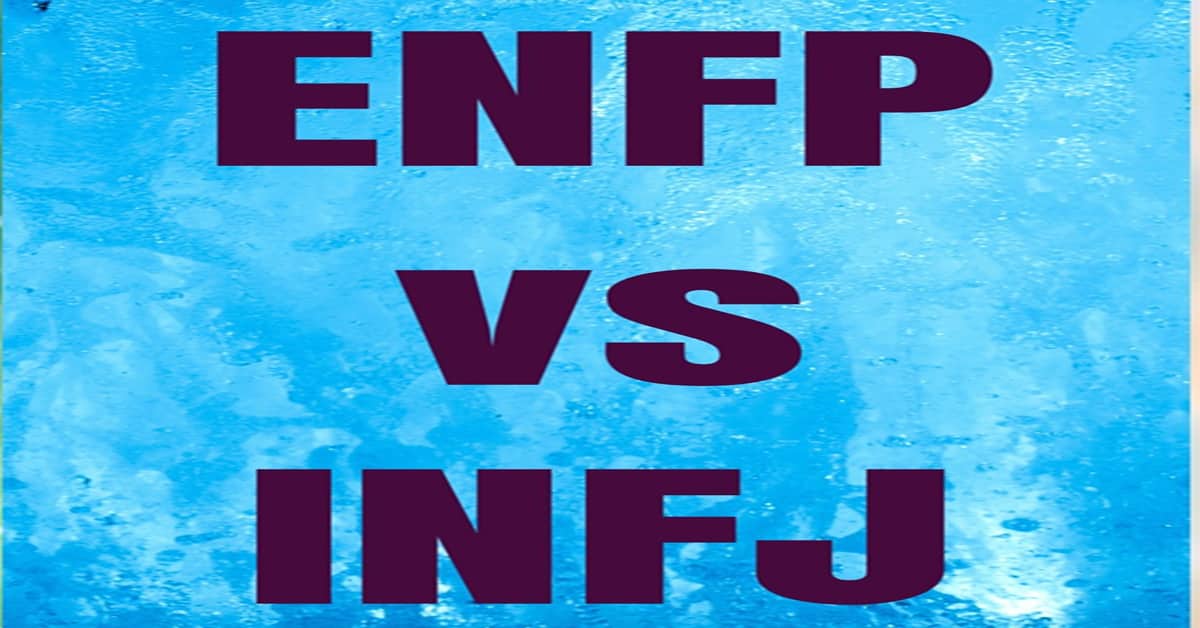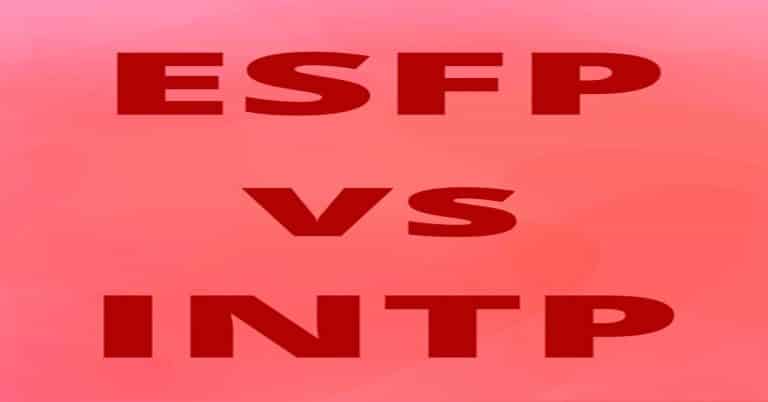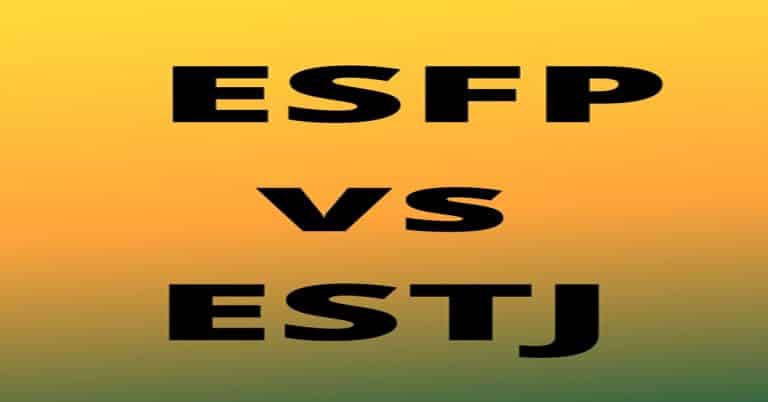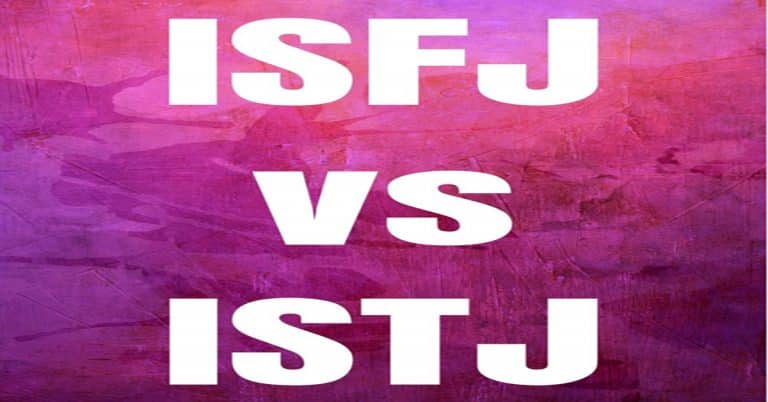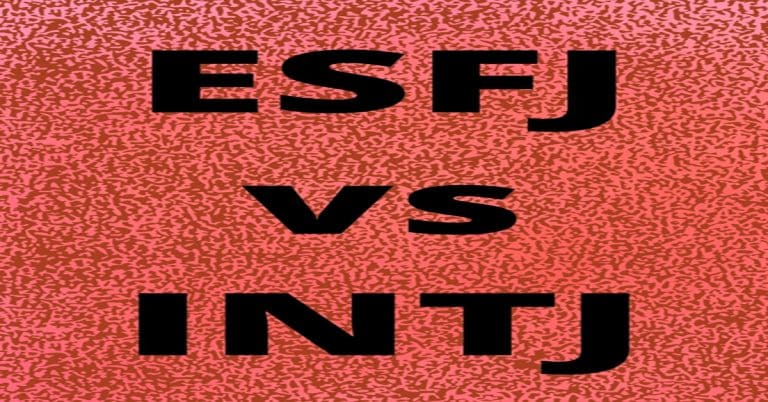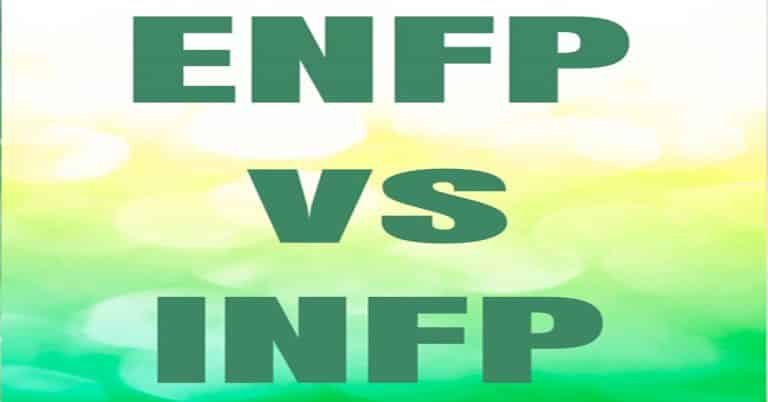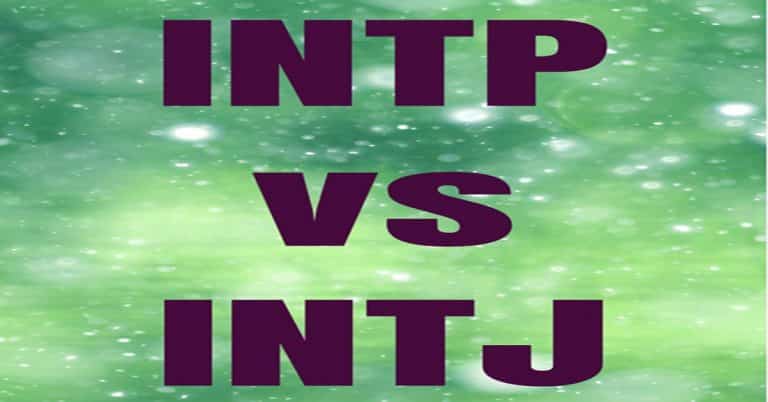ENFP vs INFJ
Key Differences and Compatibility in Relationships
While there are many personality types from the Myers-Briggs 16-personality inventory, the relationship between ENFP and INFJ is widely discussed. These two personalities are somewhat similar, so people believe that they can have a strong bond and deep relationship. But still, some major differences between them definitely need consideration.
ENFP and INFJ share the temperament of intuition and feeling (NF). These two traits help them to connect and fill each other but differences in other characteristics sometimes make things rather complicated. Let’s discuss ENFP vs INFJ, compare their main traits, and see how optimal they are for each other.
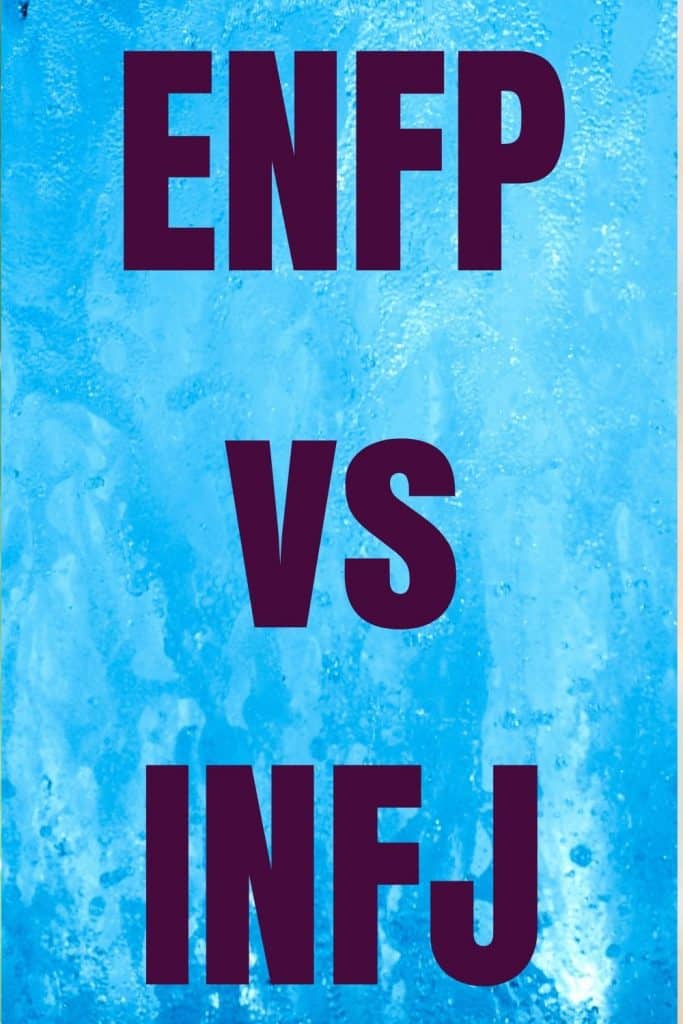
Who are ENFPs?
ENFPs are often called “Champions” and indeed, they are amazing leaders and have the ability to achieve whatever they aim for. ENFPs have excellent social skills. They can deeply understand what other people feel and express their emotions as well. As a result of their sociability and creativity, they are charismatic people and tend to inspire others.
ENFPs hate routine and are always in search of new experiences to make their lives extraordinary. However, they struggle to follow rules and complete tasks, once they lose enthusiasm. That’s why they often feel stress and sometimes even anxiety which leads to overthinking.
ENFPs stands for Extraversion (E), Intuition (I), Feeling (F), and Perceiving (P).
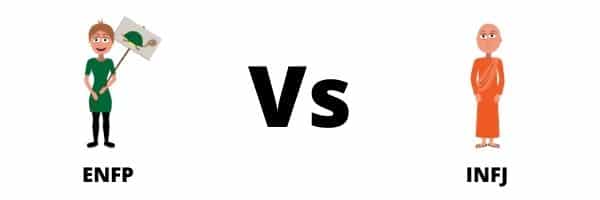
Who are INFJs?
INFJ is a personality type, also known as “Advocate” or “Idealist”. They are creative people who tend to be empathetic towards other people and their feelings. INFJs are typically perfectionist people, having strong determination and straightforward purpose in life. They enjoy thinking about every important aspect of their life, consider everything and make rational decisions.
Although they are idealists, they try to notice both good and bad in the world and hope to change something for good. They are usually sensitive about others’ necessities and value deep relationships. On the other hand, INFJs sometimes have high expectations that are hard to achieve. They can be stubborn and refuse to change their attitude even when it seems logical. This type of personality is rare – only 1-3% of the population are INFJs.
INFJ stands for Introversion (I), Intuition (N), Feeling (F), and Judging (J).
ENFP vs INFJ – What are the Key Differences?
Although ENFP and INFJ types are somewhat similar to each other at a first glance, if you take a closer look at the people of these personalities, you can easily notice that ENFPs and INFJs are quite different. Most importantly, it’s about social situations. While ENFPs thrive to socialize and stand out in the crowd, INFJs prefer to stay indoors and avoid interacting with others whenever they can.
Looking at things from others’ perspectives, thinking about the meaning of life, and considering everything are some of the things that ENFPs and INFJs share, but INFJs are task-oriented people. They are highly focused on their goals and prefer to get the work done to avoid rushing before deadlines. Unlike this, deadlines actually stimulate ENFPs and help to maintain focus. Otherwise, they just lose enthusiasm and leave work without finishing it.
Let’s dive deeper into the differences between ENFP vs INFJ in romance, leadership, and values.
Romance
- ENFPs are one of the most romantic people from the 16 personality types. They are eager to share all of their extraordinary experiences with their partners. They thrive to find their soulmate, connect to them emotionally and devote themselves to these people. However, losing interest can be a problem for them even in romantic relationships. Since they are extremely charismatic, other people quickly fall in love with ENFPs but the consequences are not always pleasing for both sides.
- Romance is indeed a significant part of INFJs life. However, since they don’t always share their feelings with others, INFJs are not usually considered romantic people. The reason is that they prefer privacy. Even while they can adore their partner, INFJs prefer to keep their emotions for themselves or even ignore the emotions, to focus on something else. Yes, these people are a bit paradoxical and vary from emotionality to rationality.
Leadership
- ENFPs can naturally become leaders. Their enthusiasm, charisma, and sociability help these people to stand out and attract others. They are people-oriented, are continuously looking for new ideas, and always consider others’ perspectives, making them excellent leaders.
- INFJs can be brilliant leaders as well. As leaders, they always try to encourage people and help them generate new ideas. They prefer to avoid attention from others, though. Therefore, they can be effective, yet silent leaders. But whenever they notice that being a leader can help achieve their lifetime goals, INFJs won’t hesitate to become leaders.
Values
- Finding a purpose in life is one of the main values for ENFPs. They aim to discover the inner meaning in people and ideas. They value authenticity, friendship, sincere relationships, and creativeness.
- FINFJs value the future. They always look forward, maintain hope and do everything to achieve their purposes. They never care about trivial matters, but try to look into deeper meaning in everything that’s around them. Establishing harmony is something they aim for.
Compatibility of ENFP with INFJ – A Perfect Match?
ENFPs and INFJs are often enchanted to each other. As a result of their similarities in creativity, they can feel attraction immediately. While ENFPs are attention-seekers and would love to gather information from others, INFJ’s balance them with their introspective nature and encouragement. Since ENFPs always look for people who listen to them, they appreciate the amazing listening skills of INFJs who, on the other hand, love their ENFP partners’ warmth. They enjoy ENFPs social leadership and although they are naturally shy INFJs can be eager to meet new people when they have ENFPs on their side.
That’s why they are considered a perfect match sometimes. However, the major challenge to their relationship is that ENFPs may get bored by INFJs’ quiet and shy nature, and they may find INFJs too controlling. INFJs, on the other hand, would like to dominate the relationship and social ENFPs can be a problem for them to do so.
Conclusion
Finally, we can say that ENFP vs INFJ do differ in lots of significant factors but this doesn’t prevent them from building a great relationship with each other. Creativity, innovative ideas, and the desire to always be authentic can help them feel that they are created for each other. Although the difference in extraversion and introversion deserves to be considered, it’s not something that can’t be overcome and can even contribute to an interesting relationship between ENFPs and INFJs.

